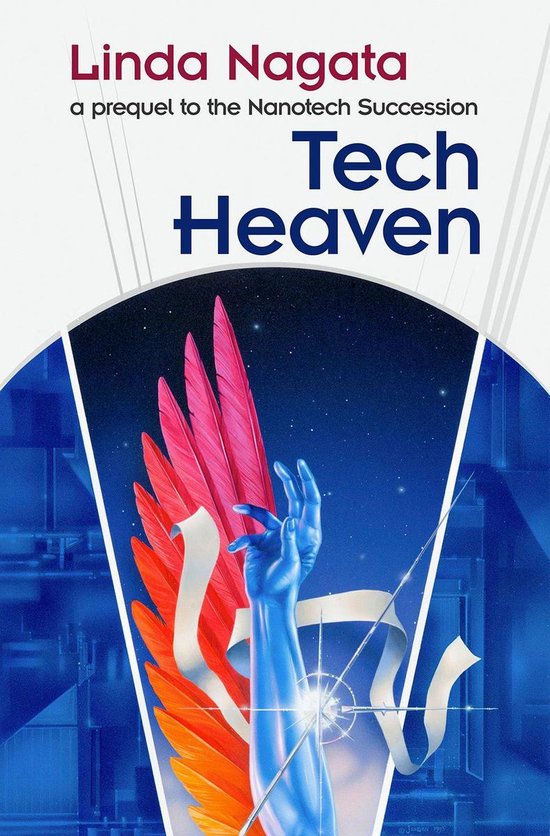

Among the best known exponents are commonly indicated William Gibson, for his highly innovative and distinctive stories and novels from a stylistic and thematic point of view, and Bruce Sterling, for theoretical elaboration.

It is sometimes generically defined as "cyberpunk-fantasy" or "cyberfantasy" a work of a fantasy genre that concerns the internet or cyberspace. The cyberpunk world is dystopian, that is, it is the antithesis of utopian visions, very frequent in science fiction produced in the mid-twentieth century, typified by the world of Star Trek, although incorporating some of these utopias. The cyberpunk style describes the nihilistic and underground side of the digital society that developed from the last two decades of the 20th century. Science fiction author Lawrence Person, in defining postcyberpunk, summarized the characteristics of cyberpunk thusly:Ĭlassic cyberpunk characters were marginalized, alienated loners who lived on the edge of society in generally dystopic futures where daily life was impacted by rapid technological change, an ubiquitous datasphere of computerized information, and invasive modification of the human body. The term was quickly appropriated as a label to be applied to the works of William Gibson, Bruce Sterling, John Shirley, Rudy Rucker, Michael Swanwick, Pat Cadigan, Lewis Shiner, Richard Kadrey, and others. Background Īmerican author Bruce Bethke coined the term cyberpunk in his 1980 short story of the same name, proposing it as a label for a new generation of ' punk' teenagers inspired by the perceptions inherent to the Information Age. Scholars have written of the stylistic place of these subgenres in postmodern literature, as well as their ambiguous interaction with the historical perspective of postcolonialism. Steampunk, one of the most well-known of these subgenres, has been defined as a "kind of technological fantasy " others in this category sometimes also incorporate aspects of science fantasy and historical fantasy.

Rather than necessarily sharing the digitally and mechanically focused setting of cyberpunk, these derivatives can display other futuristic, or even retrofuturistic, qualities that are drawn from or analogous to cyberpunk: a world built on one particular technology that is extrapolated to a highly sophisticated level (this may even be a fantastical or anachronistic technology, akin to retrofuturism), a gritty transreal urban style, or a particular approach to social themes. Since the advent of the cyberpunk genre, a number of derivatives of cyberpunk have become recognized in their own right as distinct subgenres in speculative fiction, especially in science fiction.

Subgenres of this speculative fiction genre


 0 kommentar(er)
0 kommentar(er)
